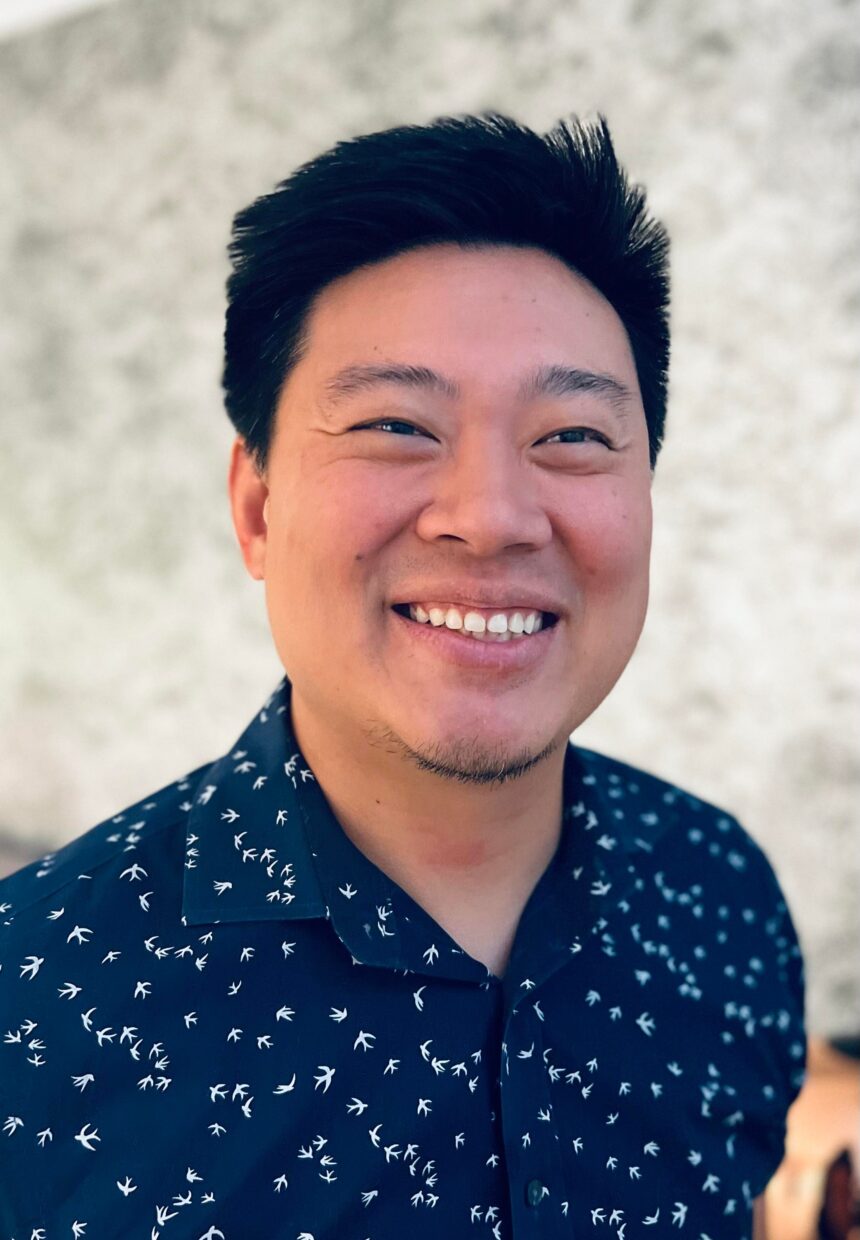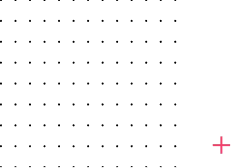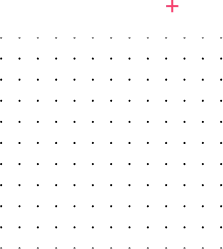Impact Innovators in the Zinc Ecosystem: Jon Wang, co-founder & CTO of Switch

Jon Wang is co-founder and CTO of Switch, a platform to accelerate the clean energy transition by matching renewable energy companies with skilled trades workers. Jon was part of Zinc’s fifth Venture Builder, focussed on transforming the industries that have the most damaging impact on the environment, where he met his co-founder Carter Davidson.
What did your career path look like prior to joining Zinc?
I started my career working for large tech companies like Microsoft, BlackBerry and Motorola, doing a lot of mobile development. Eventually a group of ex-coworkers got together and started a mobile grocery checkout business. We got funded and worked on it for about a year before running out of runway. After that I joined another early stage startup to lead engineering that eventually had a successful exit. Since then I’ve worked on a number of bootstrapped solo projects. I’ve definitely been through the ups and downs of startup life. Since my kids were born I’ve wanted to transition to working in climate, so this Zinc mission was a perfect fit. Much of my career to date hasn’t felt like long-lasting, meaningful work and I want to be able to look back on these years and be able to say I built something sustainable for the next generation.
What excited you about the Zinc venture builder?
Having been an entrepreneur for many years, I was excited at the prospect of building something from scratch, and wasn’t too nervous about the risk. But the big question for me – and reason for joining Zinc – was “where do I get started with climate?” It’s such an important mission and such a huge space. It felt quite daunting. As a software engineer, I wasn’t sure the best way to approach it. Lots of software roles in climate tech have been focussed on carbon accounting, which I wasn’t interested in, so Zinc seemed like a great way to explore much broader opportunities to apply my skills to the mission. I was also excited about the people in the Zinc network and being able to ask questions and accelerate my own personal learning. I felt like there was no better way to spend six months getting really engrossed in this problem space with this group of people.
How have you used the Zinc network of fellows, advisors, experts and coaches?
Coming into Zinc I was interested in two specific sectors, agriculture and energy, but I didn’t have experience in either. The Fellows network was critical for me to be able to deepen my understanding of the challenges and nuances of both industries and figure out how I could best apply my technical skills for maximum impact. The Zinc community was also invaluable in terms of my personal journey as a founder. I had great one-on-one support from my coach during the Venture Builder and now Carter and I work with a team coach as part of Zinc’s Accelerate programme.
What has surprised you most on your founder journey so far?
In the climate space people are so incredibly generous with their time and support. This hasn’t been my experience when building previously, people have tended to be much more secretive and concerned about competitors learning what you’re working on. Through our Switch journey to date we’ve had so much support – even from people that could end up being competitors further down the line. Everyone is so much more aligned around the big mission, rather than any single company getting ahead. It is so refreshing and I know I’m in the right space for sure.
Did this path feel risky to you? If so, how did you manage that risk?
For some people, the biggest risk in pursuing this opportunity might be around leaving a “safe” job to build something from scratch. But as I’ve been doing this for the past decade, Zinc felt like a natural next step. The big risk for me was more about making sure I get the balance right between work and my personal life. In the past when I’ve been a part of a fast growing, VC funded startup work took over my life and it ended up impacting personal relationships. This time I’ve been much more intentional and proactive about work-life boundaries from day one, it’s my number one priority. And this is something that Carter and I have communicated about right from the beginning of our relationship.
What are you most proud of on this journey so far?
I have worked in a lot of startups where we get excited about a product idea and just start building, without ever actually talking to customers or being able to communicate what problem we were trying to solve. I’m really proud of the way Carter and I have been able to really listen to electricians and other folks in the industry to really understand their pain points. And based on that, we have been fluid in our approach to testing and iterating various hypotheses around how we can help solve their problems. We’ve made a lot of progress in a relatively short space of time. We’ve gone through a few pivots already based on what we’re learning from customer feedback. We’re at a point now where we’re confident we’re solving big issues and have the right skillset to tackle it.
What have been some of your biggest challenges as a founder so far?
We’ve had so much great feedback, interest and input on what we’re building from brilliant people, but we often get conflicting advice. A big challenge has been deciding what to take on board and what to put aside for now. It’s been a real journey in building our own conviction. The big turning point was when we got in front of more and more electricians – the people we’re building for. As we got closer to the customer we started hearing the same specific problems over and over again which gave us confidence on where the industry is going and what solutions are needed.
What keeps you motivated through the really hard days?
For me it comes down to knowing we’re solving a real pain. It’s just heartbreaking when you hear about these electrician apprentices that have been unable to qualify for seven years due to broken systems and processes. I want to help those people if we can. This is a problem that I want to be working on for a long time to come because we’re helping real people with their problems and knowing this keeps me motivated.
How do you look after your mental and physical well being?
For me personally, having clear structure around work is really important. Carter and I often have different working hours to suit our family commitments and we communicate clearly about that. I hit the gym each day before work which helps me stay sane, and have also been experimenting with meditation, which was recommended by my coach.
Looking back on your Zinc founder journey so far, is there anything you would have done differently?
I think I would have approached the co-founder matching process a bit differently. I did a lot of single day sprints with many people over three weeks and it was exhausting and wasn’t a good representation of what it would have been like working with those people. With hindsight I would have been more selective and done fewer, longer sprints to really get a feel for what it would be like to co-found with that person and demonstrate my technical skills. If I was doing it again, I’d also look to commit to someone earlier in the process.
What are you currently excited about?
We’re moving fast, building our platform and getting great feedback from customers and design partners. What I’m really excited about next is getting paying customers – renewable energy companies – onboarded. We’re getting really close to that now and showing meaningful revenue is the best form of validation there is that we are really solving a meaningful problem.
Looking 10 years ahead, what impact do you hope to have had?
Metrics wise, we’re aiming to get a million people on our platform, with the ultimate goal of installing a billion machines to help the move towards the clean energy transition. On a personal level, it would be great to be able to change the perceptions of the skilled trades in the US and beyond. Young people are getting pushed towards expensive four year degrees and taking on a ton of debt. People just aren’t considering skilled, blue collar work. In Europe there is slightly more structure and support around apprenticeships, but there’s still a huge amount of work to be done if we’re going to make this skills based training an attractive career path. Getting paid to learn on the job is an amazing opportunity. Why would you not want to do that? Especially with the kind of salaries that these skilled trade workers can have. It’s a great opportunity that most people don’t talk about.
Who or what inspires you on this journey?
Bill Gates really inspires me. Not necessarily for his work at Microsoft, but I love how he’s dedicated the second half of his career to more of a humanitarian role tackling some huge issues with the Bill & Melinda Gates Foundation.
Do you have any favourite resources, tools or communities for support and advice as a founder?
The Work on Climate community is a great resource for any folks interested in climate and sustainability. The Lean Startup by Eric Ries has been really helpful for me in thinking about how to build something that is small and testable. I also really enjoyed Rand Fishkin’s Lost and Founder about the rollercoaster of founding and leading a venture backed startup.
What is your current top priority? And do you have any asks of the Zinc network?
Our current priority is getting in front of renewable energy companies. We’ve been able to talk to electricians, hundreds of electricians, and we’re now focussed on the other side of the market. Any introductions or pointers would be very welcome!
Finally, what advice would you give to someone considering joining the next Zinc mission?
When I’ve spoken to other tech folks specifically that were part of our Zinc cohort, many of us found it difficult to contribute or showcase our skills early on, especially when it was all about ideation and not building. So I’d say use this time to understand what you want to work on, what problems you want to solve, and go deep on the learning. There are so many no-code and low-code ways to build these days, so think creatively about what you can build and test quickly. Ask questions, get in front of the customer early and often, and get an MVP out there, even if it’s far from perfect. Finally, really lean into the network at Zinc. So many people are gracious with their time and expertise. And offer your support back – it goes both ways!
Do you want to start a mission-led business of your own? Applications for our new venture builder are open, find out more and apply today here.
Join the Zinc community
Stay up to date with all Zinc updates and future posts as part of our fast growing community.
Featured Resources
Impact Report 2023
We started Zinc with the hypothesis that missions are an effective way to attract highly ambitious, talented and experienced groups of innovators, who might not recognise themselves as “classic entrepreneurs” but are ready and able to start a new commercial and successful venture to tackle some of our most pressing societal issues.
The world has overcome the sorts of challenges we face today when it has adopted a mission-based approach to the biggest problems and brought together world-class talent to invent and innovate, e.g: NASA and landing a man on the moon, the LSE blueprinting the British welfare state, or the Gates Foundation aiming to eradicate diseases.
On this basis and assumption, we designed Zinc as a new mission-based Venture Builder — a place where global talent, ‘impact makers’, can join to experiment and develop new solutions to our most pressing societal issues.
To Eliminate Environmental Threats to Our Health
Environmental health threats pose a grave danger to human health and well-being, causing suffering to individuals and communities worldwide. These threats, which include chemical pollution, climate change, and biological hazards, cause acute and chronic diseases and exacerbate existing health conditions.
To protect those we care about, we must tackle the causes of environmental degradation, shield people from the consequences of environmental harm, and, where protection fails, we must mitigate the health impacts they suffer.
This demands action to improve all aspects of our environment: soil, food, air, water, and the built environment. It requires us to focus on every aspect of human health to reduce suffering.
Entrepreneurship and technology are powerful means to tackle these challenges. That’s why we are backing 70 founders to build innovative companies addressing this mission.


